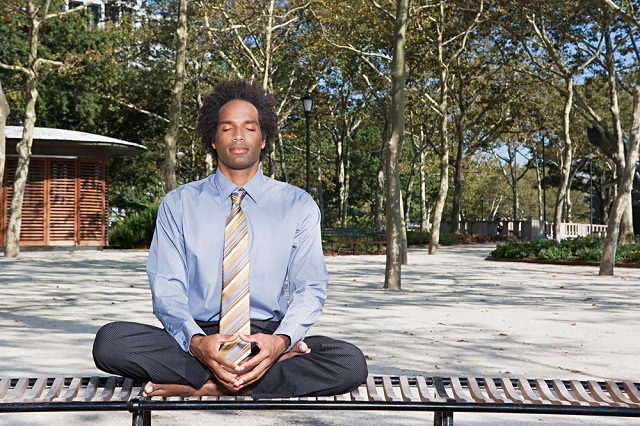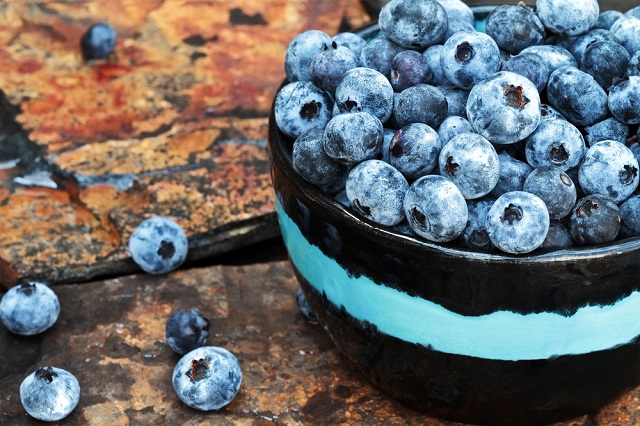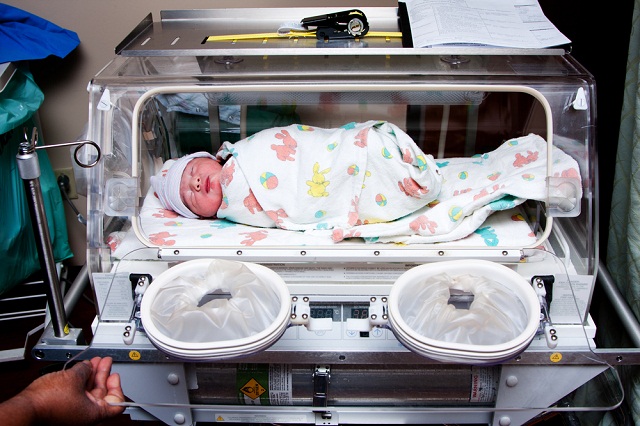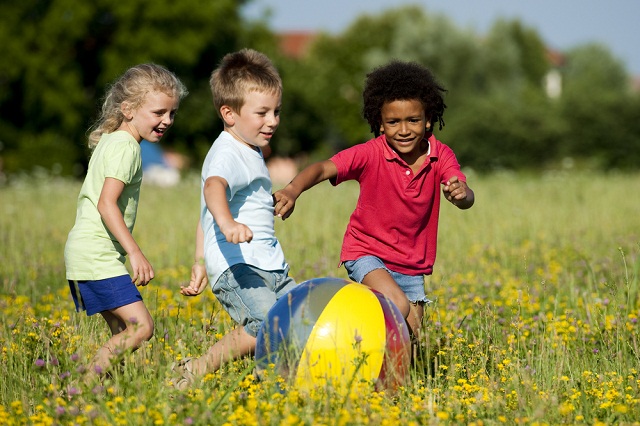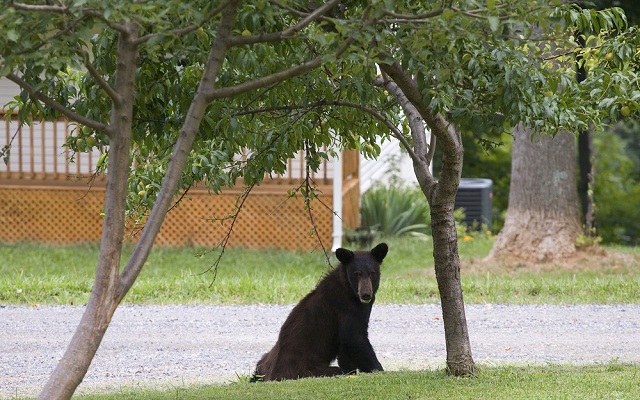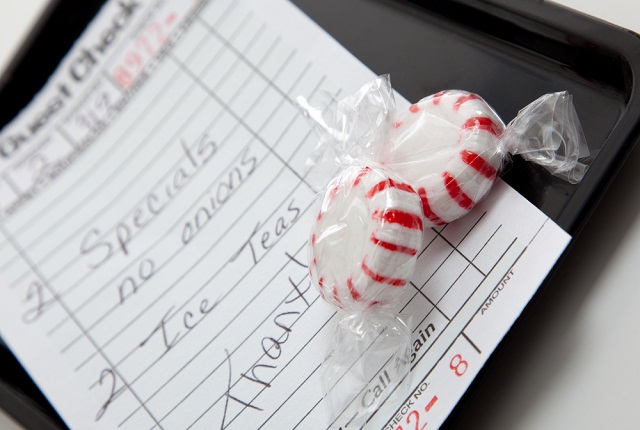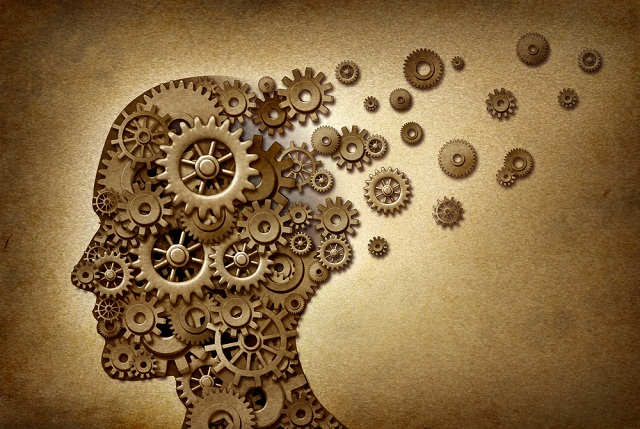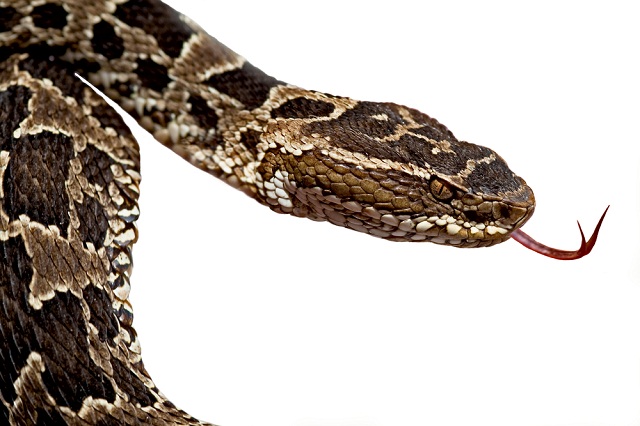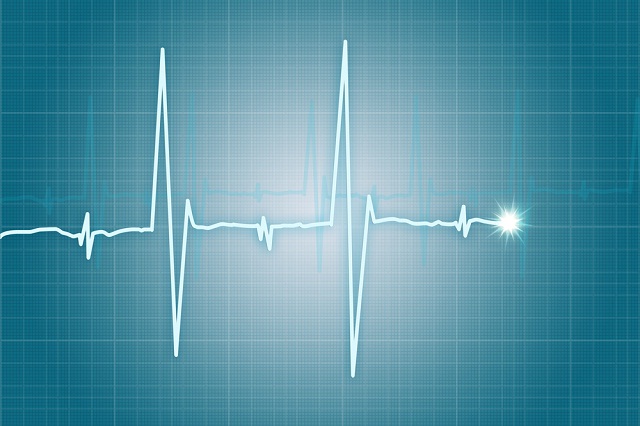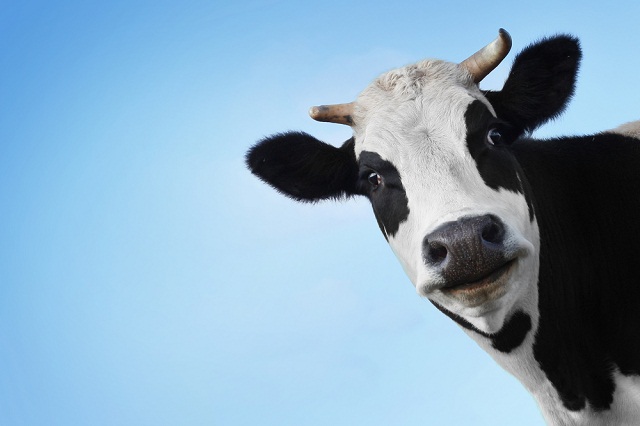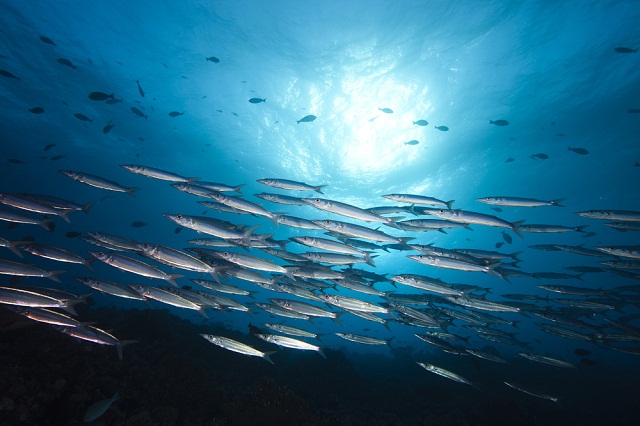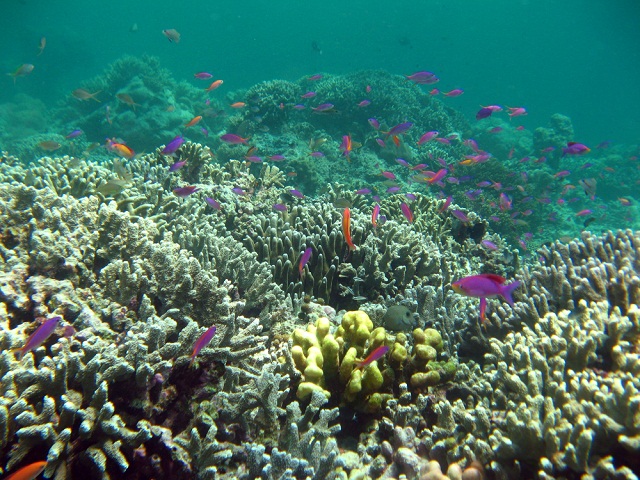Orion Jones
Managing Editor
Get smarter, faster, for success in the knowledge economy. Like us on https://t.co/6ZFWKpoKLi or visit https://t.co/d7r7dG2XOq
In a national first, Karachi-based Dow University of Health Sciences students will be trained on reproductive health education starting next academic year.
Now that the military dictatorship is dissolving, “five decades’ worth of bottled-up opinions” are coming out from many, many different directions.
Friday’s sentencing of five people found guilty of the “honor killing” of a mixed-caste couple is the latest in a series of decisions that have generated debate.
Writer Victoria Bassetti discusses how a 2008 study measuring testosterone levels in voters may provide a means towards making the process simpler and easier.
Researchers have discovered the brain mechanism that prevents people from developing overwhelming fear.
A new study from the Emory-Tibet Partnership showed that a form of compassion-based meditation helped increased test subjects’ ability to interpret others’ facial expressions.
Scientists at Washington University in St. Louis are using crowdsourcing to gather data on people’s ability to learn names and faces.
New research at USC shows that the brain processes the movements of others differently depending on the viewer’s feelings about the person they’re watching.
UK researchers want to see if polyphenols, the compounds that allegedly give foods such as broccoli and blueberries body-healing properties, actually make it past the gut lining.
At this week’s Body Computing Conference, one team of researchers is unveiling a car with special sensors that monitor its driver’s health and habits.
A new trial of a Web-based system could represent the first step in a more collaborative doctor-patient relationship.
ICU doctors at a Kansas City hospital received results of a baby’s complete genome within just over two days, a new record.
A recently-published review of studies done on exercise interventions for young people shows that by themselves they don’t significantly increase children’s overall daily physical activity.
A new study says that more and more companies are changing their environments to make it easier for their employees to work offsite.
A 12-year tracking study of coyotes in urban areas showed that the populations are thriving…and serving as test cases for larger animals like wolves and bears.
A restaurant check wallet currently being road-tested comes with its own mini-computer, letting patrons pay with a credit card right at the table.
A new study out from MIT says that the scannability of typefaces used on auto dashboards can impact a driver’s ability to react to an unexpected road condition.
Improved ability to cope with cognitive dissonance is tied to a regular dose of Wolfgang Amadeus M., according to preliminary research.
Those windshields with embedded displays may be here sooner than you think: A team of Rice University researchers has come up with flexible high-capacity memory chips made of silicon oxide and graphene.
Two proteins found in the deadly snake’s venom kept mice pain-free longer, raising hopes for a medication that manages pain with fewer side effects.
Engineers at the University of Illinois at Urbana-Champaign have created a handheld scanner that will give primary care physicians the same kind of 3D imaging that surgeons have had for years.
Forget fingerprints: Technology is now available that can identify a person by their unique heartbeat. The one major challenge is getting people used to the idea.
New Zealand researchers announce the existence of a cow, Daisy, that has been genetically engineered to produce milk that has very little whey, a common allergen.
Today, a UK team presented a system designed to address the need to remove the many objects currently in orbit around the Earth.
It’s been 800,000 years since the last one, and the field’s been thinning for the last 150 years, so one space agency is launching measurement satellites.
Body weights of many marine fish are expected to shrink by up to 24 percent if greenhouse gas emissions rise, according to a new study.
Considering that it’s still late winter in the rover’s neck of the woods, discovering (relatively) warm temperatures boosts scientists’ hopes of finding evidence of microbial life.
The most comprehensive survey yet of a coral reef system shows that Australia’s famous Great Barrier has lost half its cover since 1985.
In case other social media platforms aren’t providing the conflict you want, Deeyoon gives you the ability to participate in live, real-time, structured video debates.
A “nosy” smartphone app asks users 50 questions and displays results in real time.





